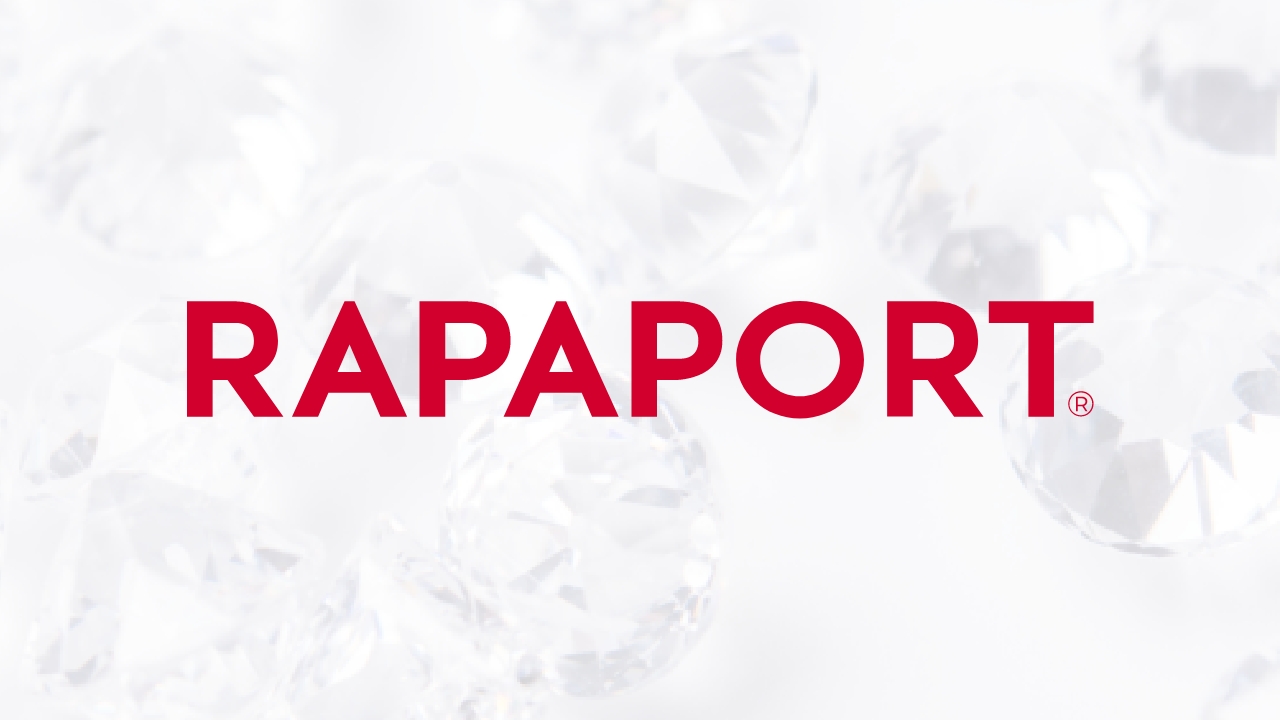For the Responsible Jewellery Council (RJC), human rights are a top priority. The standard-setting group requires its more than 1,550 members to enshrine respect for civil liberties in their business practices.
“Human rights are absolutely central to everything we do at the RJC,” says executive director Iris Van Der Veken. “We strongly believe we have a responsibility to lead the agenda on human rights for the jewelry industry in partnership with key stakeholders. How people are treated in the jewelry supply chain is what matters most.”
The organization’s Code of Practices (COP) incorporates human rights principles, she continues, and it “requires our members to embed human rights due diligence into their core business operations.”
The commitments RJC members must make in that area are relevant for all companies that work with the mineral and gemstone trade — from miners, refiners, traders, manufacturers and end users, to auditors, governments, civil society and other stakeholders, Van Der Veken explains.
The 2019 version of the COP was a milestone for the RJC in that it made human rights a much more prominent provision — and rightly so, she asserts. The requirements of COP 6 — the item that relates to this subject — align with the United Nations Guiding Principles on Business and Human Rights. Each RJC member must have a written policy on human rights, conduct due diligence, develop a grievance mechanism, remedy identified risks, and report annually on these efforts.
Training aids
Additionally, the RJC has invested in member-training tools such as its Human Rights Due Diligence Toolkit, which is part of the organization’s efforts to achieve decent work conditions and advance livelihoods for the people involved in the jewelry supply chain.
“We believe in a partnership model. The RJC regularly engages with a wide range of industry stakeholders,” Van Der Veken states. Besides providing extensive guidance and tools for complying with its human rights requirements, the RJC has a human rights training page on its website and hosts regular training webinars. It also offers members a dedicated help desk.
The organization develops its standards in accordance with the International Social and Environmental Accreditation and Labeling (ISEAL) Standard-Setting Code. The RJC is the only ISEAL-accredited jewelry-industry standards organization. “This is incredibly important because ISEAL provides independent assurance of the RJC’s governance systems for standards development and certification, and ensures that our standards have a positive impact on our industry and the communities it affects,” Van Der Veken says.
Open communication
To keep members and other bodies engaged, the RJC operates multiple communication channels and regularly participates in industry panels.
“Stakeholder engagement is critical to understanding the real situation on the ground,” Van Der Veken stresses. “This is why the RJC has continuous dialogue with organizations such as Human Rights Watch (HRW), Global Witness and the Kimberley Process Civil Society Coalition.”
Among the biggest challenges the group has encountered in conducting human rights due diligence is access to information. Another is helping companies understand how to manage the procedure.
“Companies need to acknowledge that conducting human rights due diligence is a process of continuous improvement, and they must demonstrate leadership from the top,” Van Der Veken declares.
Going forward, the RJC will continue to focus on education and guidance. “We encourage people who have complaints about human rights to use our formal process to bring it to our attention, as we deeply care, and of course, we will investigate,” she says.



